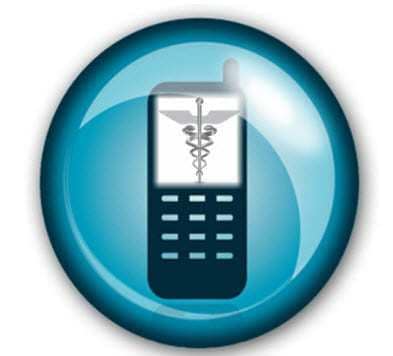The National Institutes of Health are now hoping to boost research and tools geared toward improved communication.
A pair of grants is now being offered by the National Institutes of Health in order to help to encourage research and creation of mhealth tools that will help to improve the communication between patients and their medical providers.
The goal is to increase the adherence of patients to the recommendations made by their doctors.
The NIH is hoping that with these grants, they will be able to send mhealth solutions into the mainstream by providing the necessary funds to “stimulate research utilizing mobile health tools aimed at the improvement of effective patient–provider communication, adherence to treatment and self-management of chronic diseases in underserved populations.” Those interested in applying for the grants will have until May 16, 2014 in which to do so.
The hope is that these mhealth tools will help patients and health care providers to better understand each other.
 It will help in the effort to overcome one of the largest struggles in the history of medicine: ensuring that patients accurately adhere to the advice, prescriptions, and suggestions that their doctors have made for them. By providing patients with the tools that they need in order to educate themselves regarding the importance of keeping up with their treatment programs and to alter their behaviors, it is believed that adherence will naturally improve. However, achieving that is a challenging process.
It will help in the effort to overcome one of the largest struggles in the history of medicine: ensuring that patients accurately adhere to the advice, prescriptions, and suggestions that their doctors have made for them. By providing patients with the tools that they need in order to educate themselves regarding the importance of keeping up with their treatment programs and to alter their behaviors, it is believed that adherence will naturally improve. However, achieving that is a challenging process.
The grant description from the NIH explained that the purpose is to help in the “evolution and vitality of the biomedical sciences,” which requires that new ideas and technologies be consistently presented. They could help to support current practices and thinking, or it could cause them to have to change, but until substantial preliminary data is available, it won’t be possible to move forward.
The NIH is hoping that through the grants, it will help to encourage improvements to scientific ideas, tools, model systems, targets, and technologies, including what mhealth has to offer in terms of its potential for making considerable biomedical research advances. The two grants are focused on two different parts of medicine, the first for adherence, communication and self-management, and the second is to be a catalyst for research into “citizen-driven approaches to engaging and retaining people in improving their health.”
